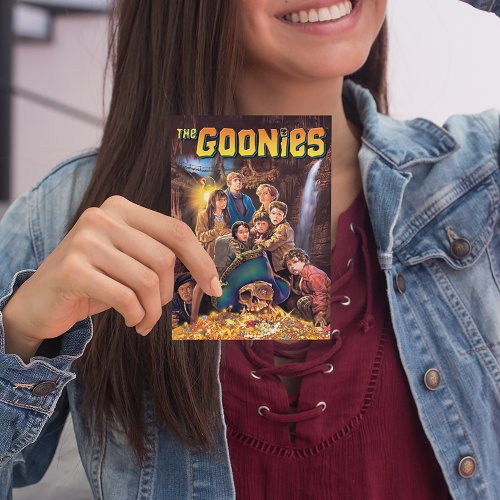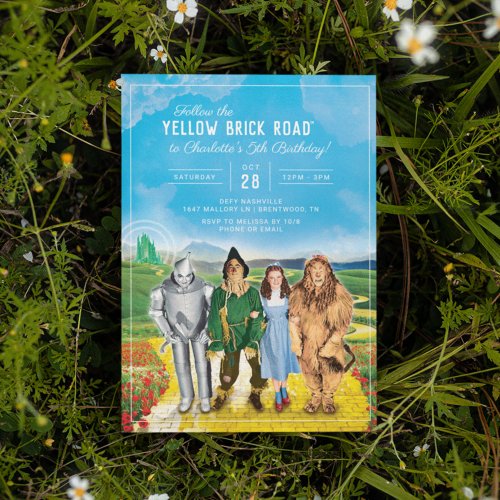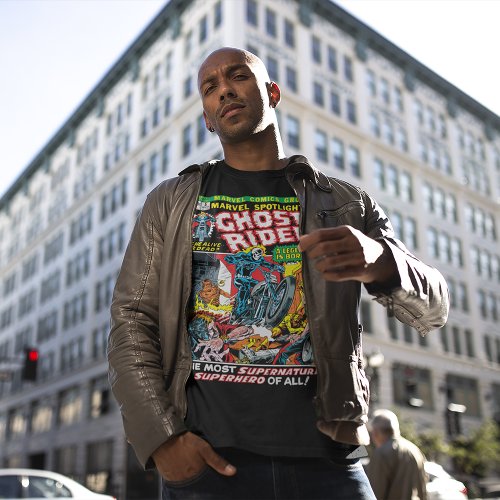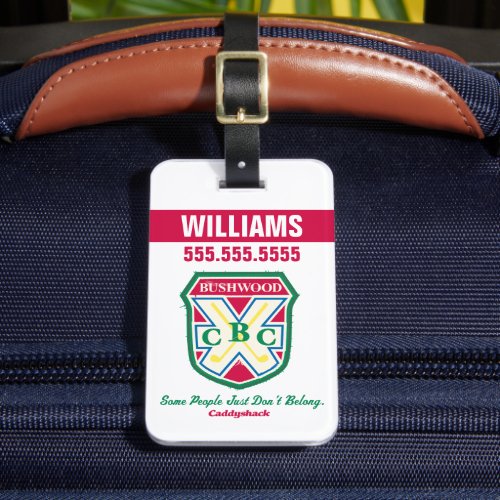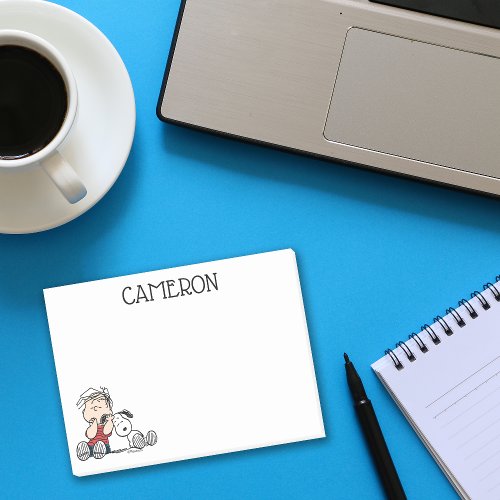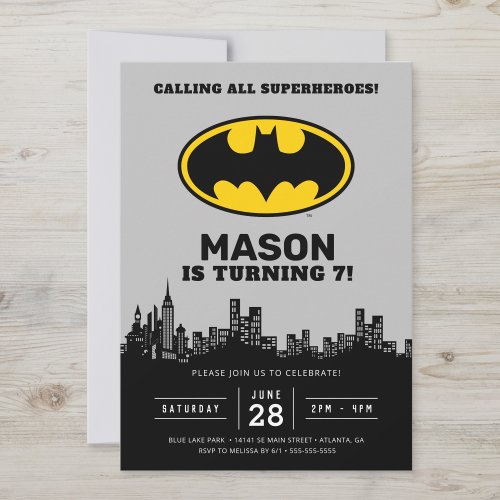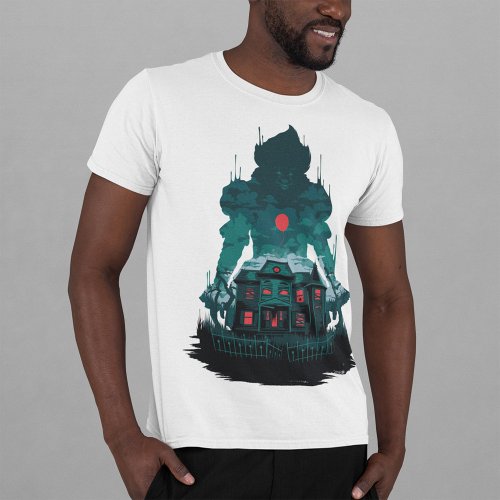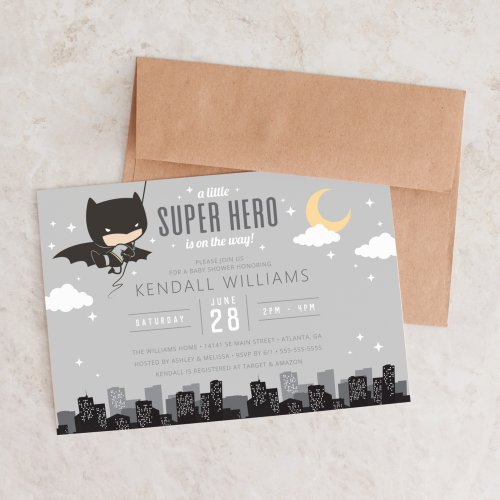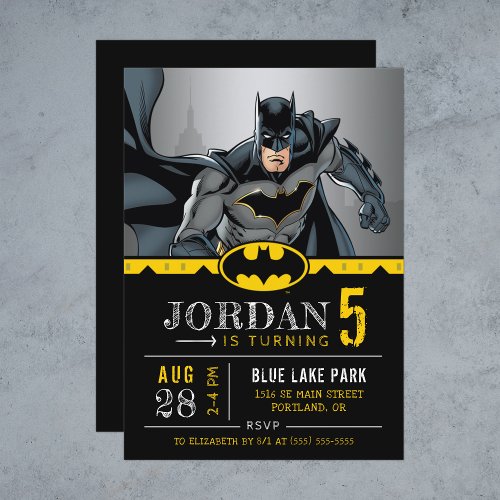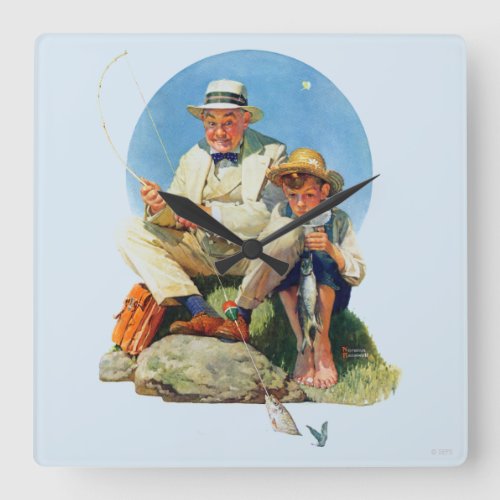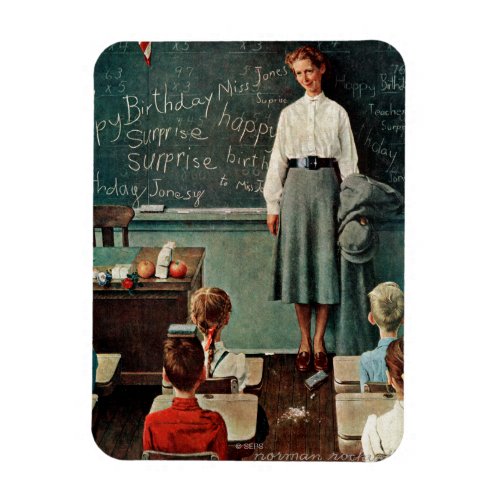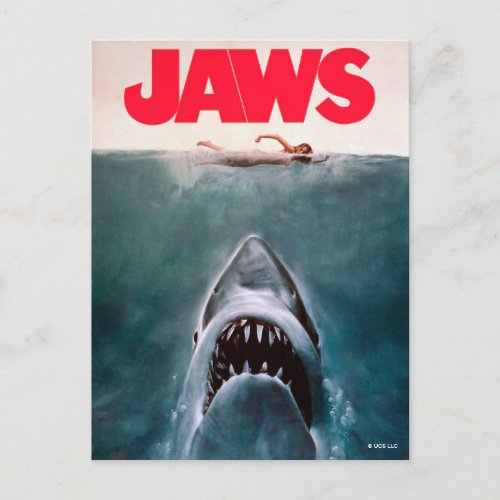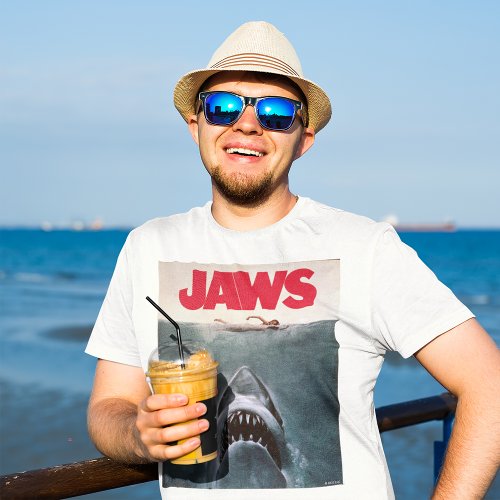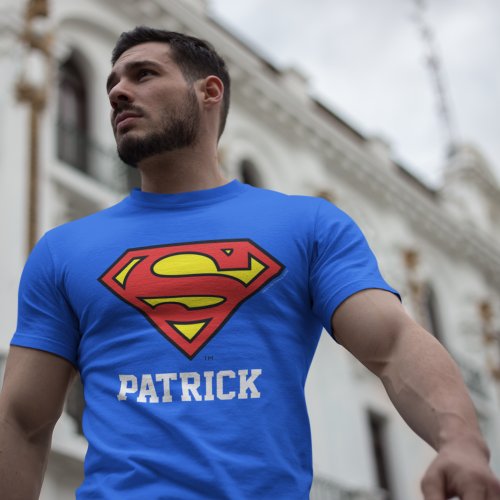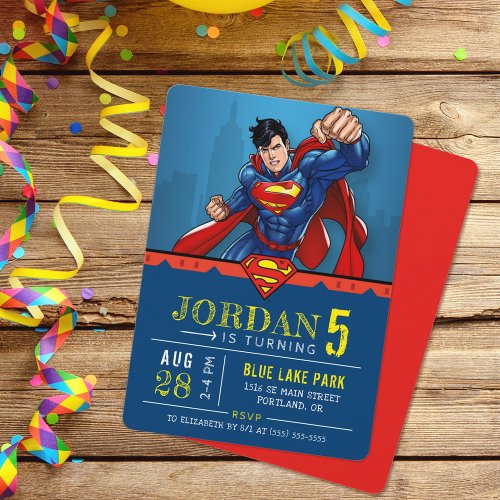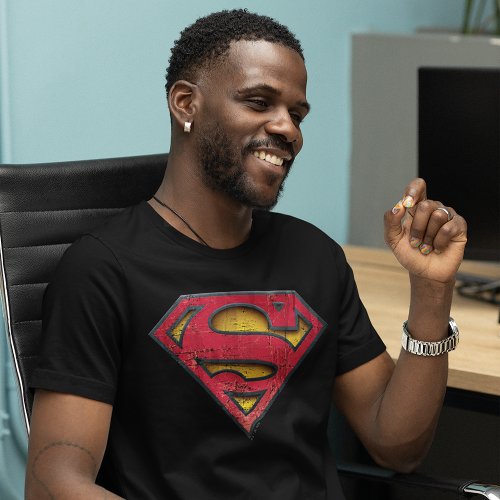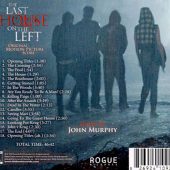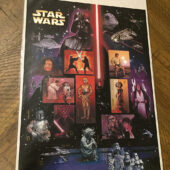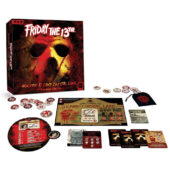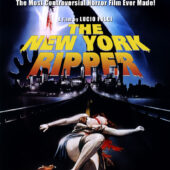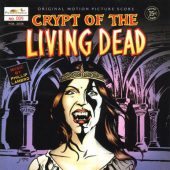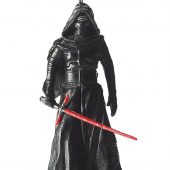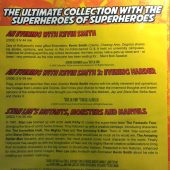Con International: San Diego (San Diego Comic Con)
Comic Cons
Comic-Con International: San Diego began in 1970 when a group of comics, movie, and science fiction fans – including the late Shel Dorf, Ken Krueger, and Richard Alf – banded together to put on the first comic book convention in southern California. Comic-Con started as a one-day event called San Diego’s Golden State Comic-Minicon, on March 21, 1970 at the U.S. Grant Hotel in downtown San Diego. The purpose of this single-day event—which included special guests Forrest J Ackerman and Mike Royer, and drew about 100 attendees—was to raise funds and generate interest for a larger convention. The success of the “minicon” led to the first full-fledged, three-day San Diego Comic-Con (then called San Diego’s Golden State Comic-Con), held August 1–3, 1970, at the U.S. Grant Hotel, with guests Ray Bradbury, Jack Kirby, and A. E. van Vogt. Over 300 attendees packed into the hotel’s basement for that groundbreaking event, which featured a dealers’ room, programs and panels, film screenings, and more: essentially, the model for every comic book convention to follow.
From the beginning, the founders of the show set out to include not only the comic books they loved, but also other aspects of the popular arts that they enjoyed and felt deserved wider recognition, including films and science fiction/fantasy literature. After one more name change (San Diego’s West Coast Comic Convention, in 1972), the show officially became the San Diego Comic-Con (SDCC) in 1973 with the fourth annual event. In 1995, the non-profit event changed its name to Comic-Con International: San Diego (CCI).
The show’s main home in the 1970s was the fondly remembered El Cortez Hotel in downtown San Diego. In 1979, Comic-Con moved to the Convention and Performing Arts Center (CPAC), and stayed there until 1991, when the new San Diego Convention Center opened. Comic-Con has been at home in that facility for over two decades.
With attendance topping 130,000 in recent years—in a convention center facility that has maxed out in space—the event has grown to include satellite locations, including local hotels and outdoor parks. Programming events, games, anime, the Comic-Con International Independent Film Festival, and the Eisner Awards all take place outside of the Convention Center, creating a campus-type feel for the convention in downtown San Diego.
Over the years, Comic-Con has become the focal point for the world of comics conventions. The event continues to offer the complete convention experience, including a giant exhibit hall and a massive programming schedule.
Comic-Con has presented thousands of special guests at its conventions over the years, bringing comics creators, authors, filmmakers and creators from all aspects of the popular arts together with their fans for a fun and often times candid discussion of various art forms. The event has seen an amazing array of comics and book publishers in its Exhibit Hall over the years. Over it’s four-and-a-half decade-plus history, Comic-Con International has continually presented comic books and comic art to a growing audience.

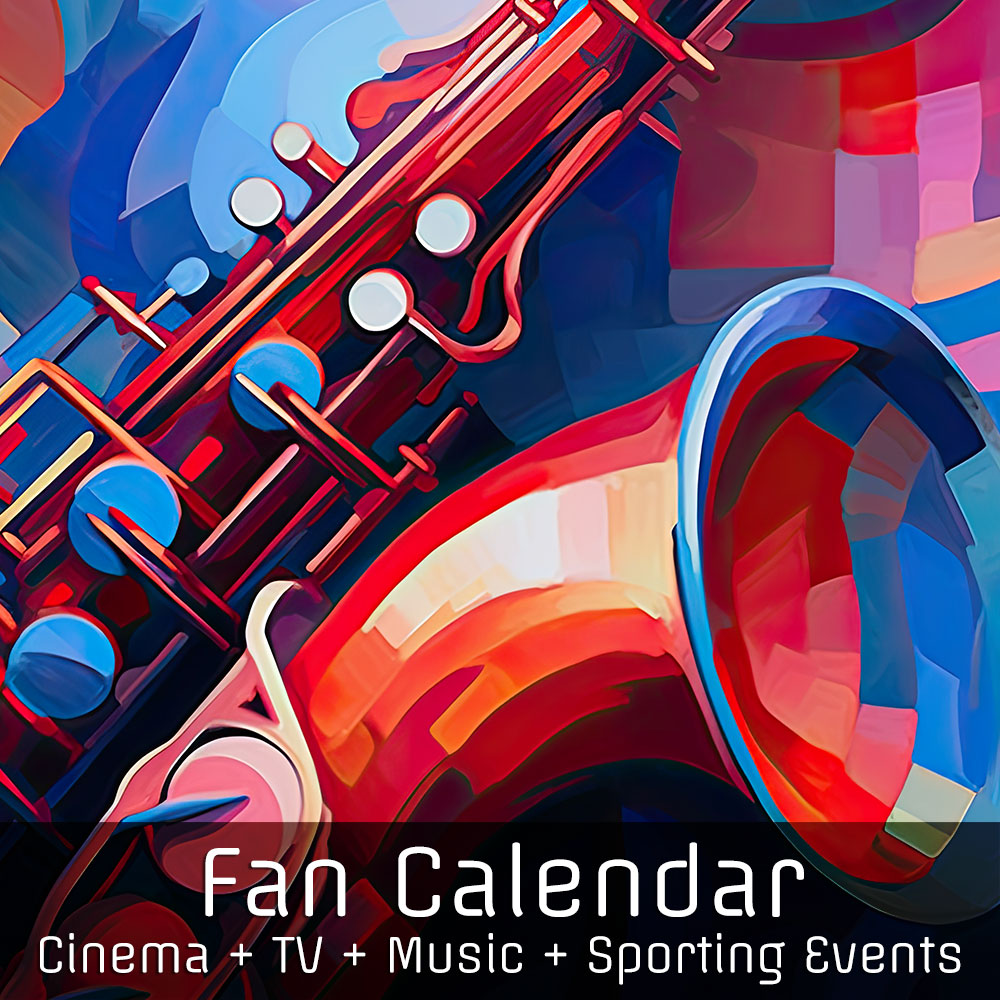

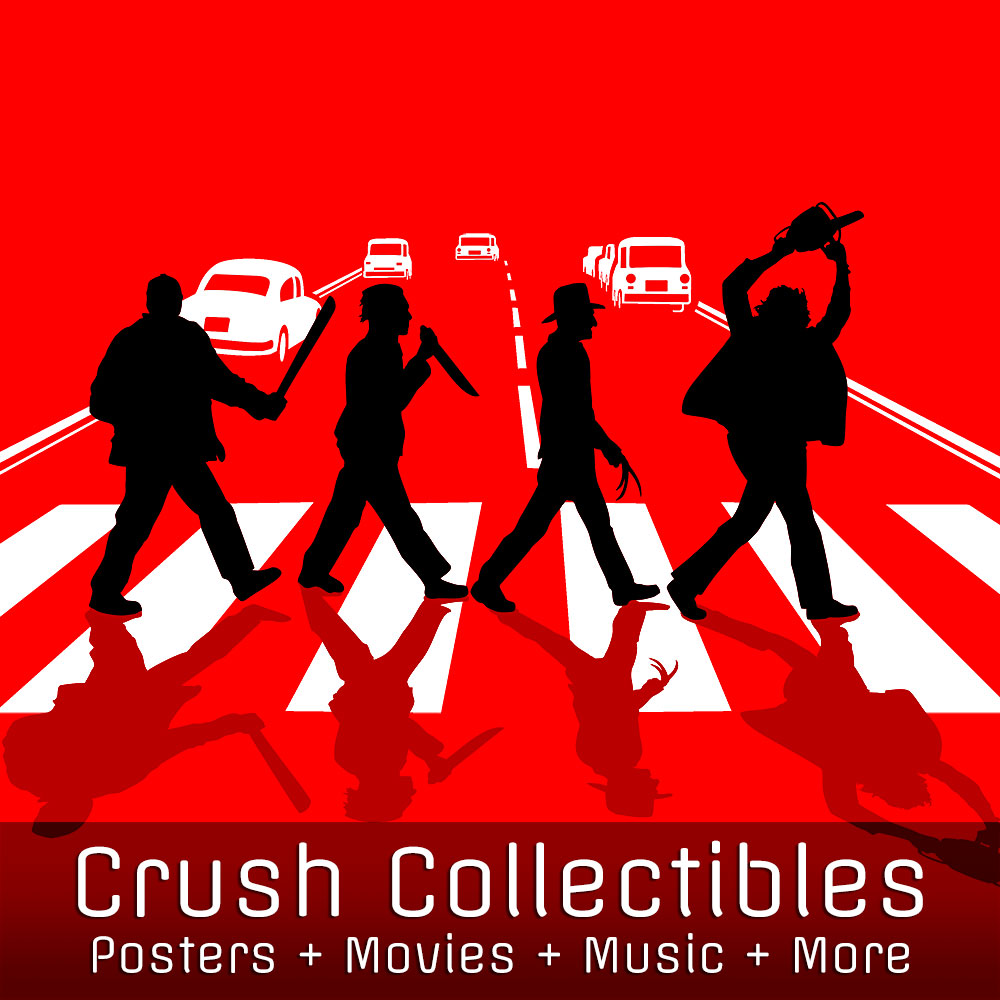






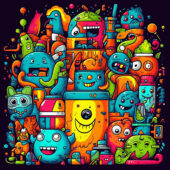

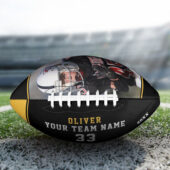


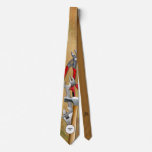
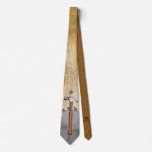




![Original Richard Widmark Warner Bros. Press Publicity Photo for The Sell-Out (1976) [PHO899]](https://www.filmfetish.com/img/p/2020/09/photo-lot-pho899-001-170x170.jpg)
![The A-Team Actress Marla Heasley 1984 Bikini Photo [221010-22]](https://www.filmfetish.com/img/p/2022/11/221010-22-marla-heasley-85x11-web-170x170.jpg)
![Damien: Omen II Original Full Color Lobby Card Press Photo (1978) [C27]](https://www.filmfetish.com/img/p/2020/09/damien-omen-2-c27-01-170x170.jpg)
![The Nude Princess Actress Tina Aumont Photo [220417-9]](https://www.filmfetish.com/img/p/2022/11/220417-9-tina-aumont-85x11-web-170x170.jpg)







